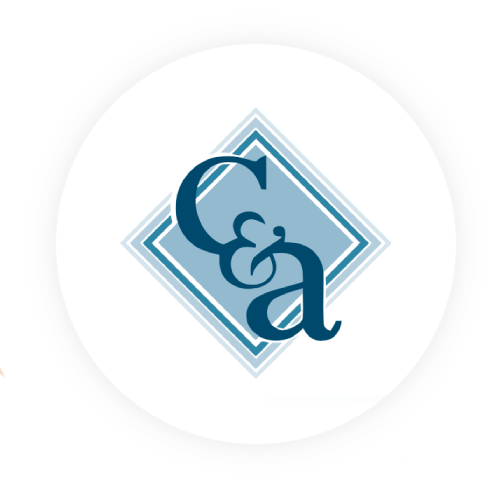The definition of competent is having the necessary ability, knowledge, or skill to do something successfully.
Being competent on paper and being able to perform a necessary skill or job responsibility are two different things. Before you can be competent you must be educated, trained and a competency assessment performed. You need to have the educational background or knowledge related to the skills. It is also important to remember that competencies are required not only during initial orientation but need to be assessed and documented once every three years, or more frequently as required by either local policy, standard, regulation or law. The Joint Commission featured Competency Assessment in their Quarter 4 2020 Heads Up Report. They shared the following with organizations:
Reasons why competencies frequently are cited on survey:
- Processes and procedures are unclear, incomplete, or inadequate.
- Those administering the competency do not have the educational background, experience, or knowledge to evaluate an individual on a particular skill.
- Failure to monitor and track competencies so that staff are reevaluated in the required timeframe.
- Missing or incomplete Human Resource files.
- Leadership failure to oversee the competency process.
In addition, we would add that many organizations do not have a well-defined process to determine if and when a competency assessment would be required.
With that being said, how do you avoid a potential deficiency or citation?
Review your policies and procedures
-
- Does your policy define the process used to determine when a competency assessment is required?
- What process is in place for competency assessment (initial and reevaluation)?
- What are the competency documentation requirements?
- Are timeframes for initial and reassessment of competencies spelled out?
- Does the competency meet the regulation or standard?
- Are competencies performed on contracted staff?
- Who is administering the competencies? Do they have the education and knowledge?
- Is education/training regarding competency assessments provided to all staff who conduct competency assessments?
Interview your staff
-
- Do staff understand what the process is for an initial competency assessment? How does this differ from the reassessment process?
- How do staff demonstrate the knowledge, skills, and abilities to conduct competency assessments?
- Do leaders provide appropriate oversight and ensure that competency assessments are completed when due?
- Are staff aware of the competencies that they must demonstrate and must maintain for assigned job responsibilities?
Assess your environment
-
- Ensure that competencies are thoroughly assessed and completed.
- Review your competency forms annually to be certain they are current and relevant. Ensure that forms are collected and capture necessary information (names of staff members, date of completion, name of evaluator, etc.).
- Ensure that designated leaders review and verify competency requirements specific to each role under their supervision.
- Ensure that staff are assigned to specific tasks based upon the competency assessment results.
Evaluate implementation
-
- Review files and make sure that required competencies are completed and are within the required timeframes.
In summary, competencies are the responsibility of all healthcare organizations to ensure that staff are competent and can perform the skills and job responsibilities to provide safe and high quality care to their patients. So, can you prove it?
Reference
Heads Up publication from Joint Commission 4Q2020.

